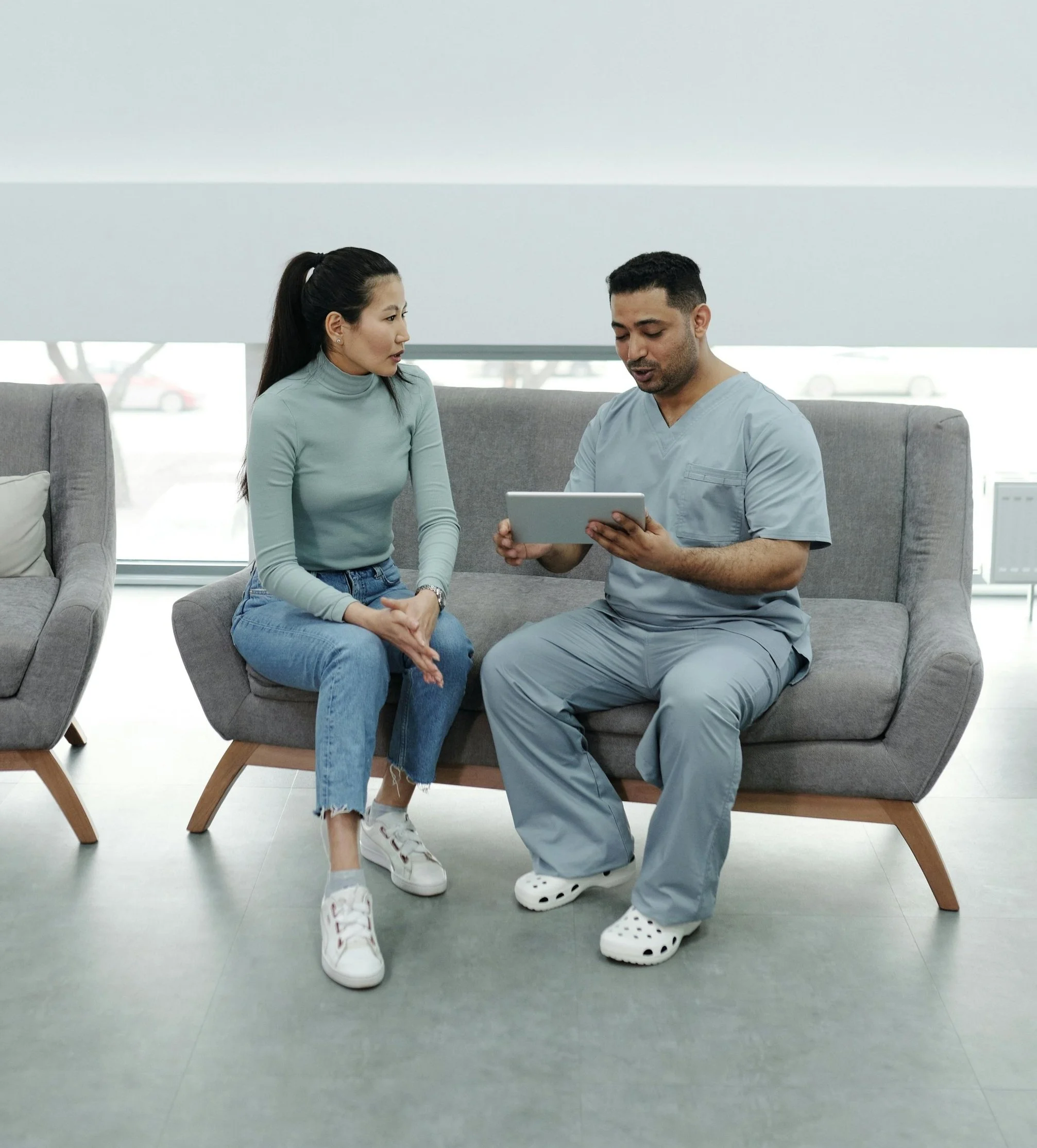
Informed is not educated.
When you think about it, informed consent for clinical trials should not only be required—it should also help participants make an educated decision about whether they take part, and stay in, a clinical trial. However, in its current form, informed consent isn’t educating people but overwhelming them. In many cases, it scares away good candidates. The industry sees it, sponsors recognize it, and sites, participants, and care partners experience it firsthand. Now is the time for a critical evolution of informed consent to what we call Educated Consent.
Input from participants, care partners, and site staff tells us that we need to improve how participants and their caregivers understand the clinical trial journey and what they can expect. By shifting perspective and tapping into Educated Consent, you can help participants
eliminate confusion
build confidence, skills, and knowledge at pivotal moments along the journey
be actively engaged in their own care
Information is passive. Education is active. It enables thoughtful decision making and, ultimately, more successful recruitment, retention, and compliance outcomes.
“There were about five pages which were full of medical jargon ... which I frankly couldn’t understand. It was a doctor talking to a doctor, not a doctor talking to a patient.”
—Clinical trial participant
We can help you leverage the power of Educated Consent
Given our expertise, we know that education is a powerful tool to leverage—one that can help your clinical trial run more smoothly, efficiently, and effectively for everyone involved. The critical factor is understanding how to develop and execute materials and solutions that go beyond just informing to engaging and educating.
How?
We apply our proprietary approach, known as Educated Consent, by using the gold standard in health literacy principles, educational design, and user experience. We package medical and clinical information in a way that helps participants and their care partners understand and comply with Informed Consent, leading to a better experience and more reliable research data.
Using Educated Consent to overcome clinical trial challenges
Taking part in a clinical trial requires a significant commitment from participants and their care partners, but Educated Consent can make the process easier. That’s because education can help with some of the most common challenges that impact clinical trials.
Limited health literacy
Mistrust and misunderstanding of clinical trials
Recruitment and retention
Site staff training and satisfaction

Learn more about the power of Educated Consent or our expertise in health education, educational design, and health literacy principles.







